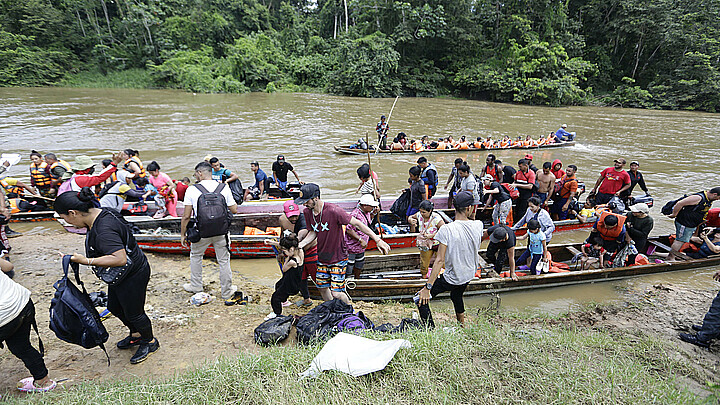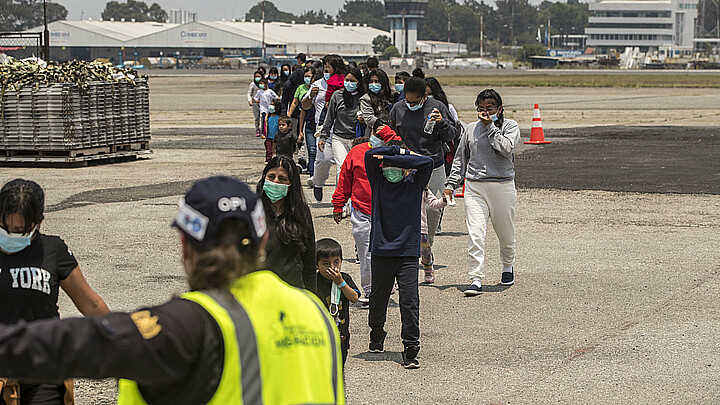Immigration
Venezuelan asylum seekers tripled in 2022, U.N. agency says
Many Venezuelans are struggling to leave behind a country that is faced with a dictatorship and an economic crisis, which have left many without being able to afford basic goods and services to survive

June 15, 2023 8:30am
Updated: June 15, 2023 8:30am
More than two out of every five migrants seeking asylum around the world came from Latin America and the Caribbean, however, a large majority of applications came from Venezuelans, according to a report by the United Nations refugee agency.
Venezuelan asylum seekers seeking refuge abroad tripled last year, with asylum applications increasing by 186% in 2022. By the end of last year, around 260,000 Venezuelans were considered refugees, representing 16 out of every 100 asylum seekers around the world, according to the United Nations High Commissioner for Refugees (UNHCR).
According to the U.N. agency, there are around 7 million migrants and refugees from around the world, marking the second-largest external displacement crisis in the world. More than 6 million of them have been hosted in other Latin American or Caribbean countries.
Many Venezuelans are struggling to leave behind a country that is faced with a dictatorship and an economic crisis, which have left many without being able to afford basic goods and services to survive.
Globally, the UNHCR said there was a 21% annual increase in the number of displaced people last year. The total number of individuals granted refugee status in the Americas reached 800,600 in 2022, with 5.2 million being considered in need of international protection.
The second highest number of asylum seekers around the world came from Cuba, with 194,700 refugees, followed by Nicaragua with 165,800 refugees, Colombia with 90,500 refugees, Honduras with 79,700 refugees, and Haiti with 73,500 refugees.
The UNHCR found that most of the emigrants stayed within the region, migrating to neighboring countries, such as Costa Rica and Mexico, or the United States.
“UNHCR works in the Americas and beyond to support the inclusion of Venezuelans in the societies that have generously welcomed them and to find solutions to create stability and foster the growth and development of their communities,” said the organization.










